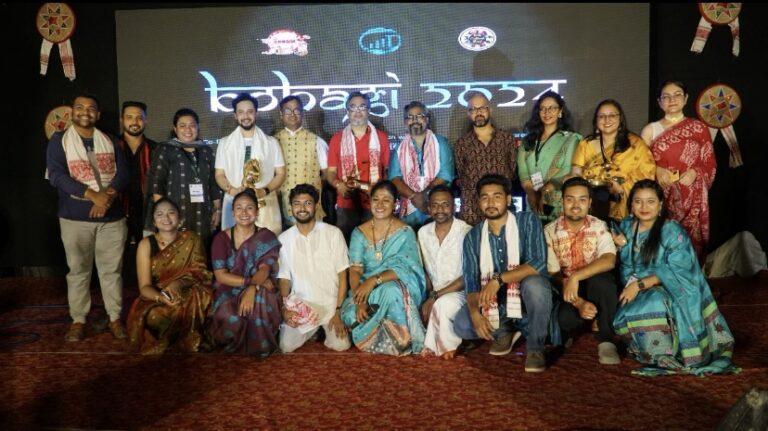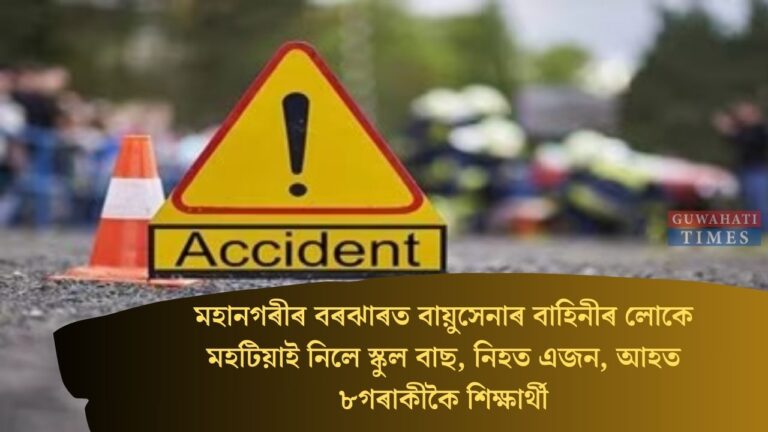General (retd) Bipin Rawat, India’s first Chief of Defence Staff General, died on Wednesday when an Indian Air Force helicopter ferrying him and 13 others crashed near Coonoor in Tamil Nadu, the Indian Air Force said.
The crash took place as Rawat was on his way to the Defence Services Staff College in Wellington. It is being speculated that the crash took place due to low visibility in foggy conditions.
“Gen Bipin Rawat, Chief of Defence Staff (CDS) was on a visit to Defence Services Staff College, Wellington (Nilgiri Hills) to address the faculty and student officers of the Staff Course today,” the IAF said in a second post.
“Gp Capt (Group Captain) Varun Singh SC, Directing Staff at DSSC (Defence Services Staff College) with injuries is currently under treatment at Military Hospital, Wellington,” the IAF said.
Rawat, a former Indian army chief, took office as the first CDS on 1 January 2020 at the start of a three year term. He was the one point defence advisor to the Defence Minister. He was also entrusted with carrying out some of the country’s key defence reforms – creating synergy among the three services by merging their 17 different commands into four or five joint commands. The new commands were to focus on specific borders.
The crash on Wednesday is seen as one of the worst in Indian military history.
Another crash in 1963 near Poonch in Kashmir killed Lt General Daulat Singh, General Officer Commanding in Chief, Western Command, Let General Bikram Singh, Corps Commander, Major General N.D. Nanawati, Brigadier Sri ram Oberoi, Air Vice Marshal E.W. Pinto, Air Officer Commanding in Chief, Western Command and Flight Lt.S.S Sodhi.
“Deeply anguished by the sudden demise of Chief of Defence Staff Gen Bipin Rawat, his wife and 11 other Armed Forces personnel in an extremely unfortunate helicopter accident today in Tamil Nadu. His untimely death is an irreparable loss to our Armed Forces and the country,” Defence Minister Rajnath Singh said in a Twitter post.
“General Rawat had served the country with exceptional courage and diligence. As the first Chief of Defence Staff he had prepared plans for jointness of our Armed Forces,” Singh said in a second post.
Condolences have also come in from Bhutan, Maldives, Israel, Russia and the US.
“As India’s first Chief of Defence Staff, General Rawat spearheaded a historic period of transformation in the Indian military. He was a strong friend and partner of the United States, overseeing a major expansion of India’s defense cooperation with the U.S. military. In September, he spent five days traveling throughout the United States as part of a counterpart visit with General Mark Milley to discuss military developments and opportunities to enhance our cooperation with like-minded countries. His legacy will continue on,” the US Embassy said in a statement.
Speculation that Rawat had died in the crash mounted after TV visuals from the crash site showed flames burning in sections of the badly mangled helicopter while other parts were seen smouldering. The debris from the chopper was seen spread over a hilly forested terrain.
Doubts that Rawat had not survived the crash became stronger after
after Defence Minister Singh visited Rawat’s residence. Indian Army chief Manoj Mukund Naravane also visited Rawat’s residence.
The IAF statement confirming Rawat’s demise came just ahead of a Cabinet Committee on Security meeting called to take stock of the situation.
Manufactured by Russian Helicopters’ subsidiary Kazan, the helicopter has an onboard weather radar and is equipped with the latest generation of night vision devices.
The helicopter is fitted with advanced TV3-117VM engines. It is the most technically advanced helicopter of Mi-8/17 family.
It has the new PKV-8 autopilot system, a KNEI-8 avionics suite, can carry a maximum takeoff weight of 13,000 kilograms and maximum payload weight of 4,000 kilograms. It has a maximum speed of 250 kilometres per hour.
India signed a deal with Russia in 2008 to induct 80 Mi17V5 medium lift helicopters for strengthening its chopper fleet for humanitarian and disaster relief missions and transport operations.


















